
- Article
- Article
Disability, education and prejudice
In the 1960s and 1970s, thalidomide survivors had to fight for a proper education. If they weren’t brought up in institutions, they were often viewed as objects of curiosity, encountering verbal and sometimes physical abuse, both at school and in the world beyond.
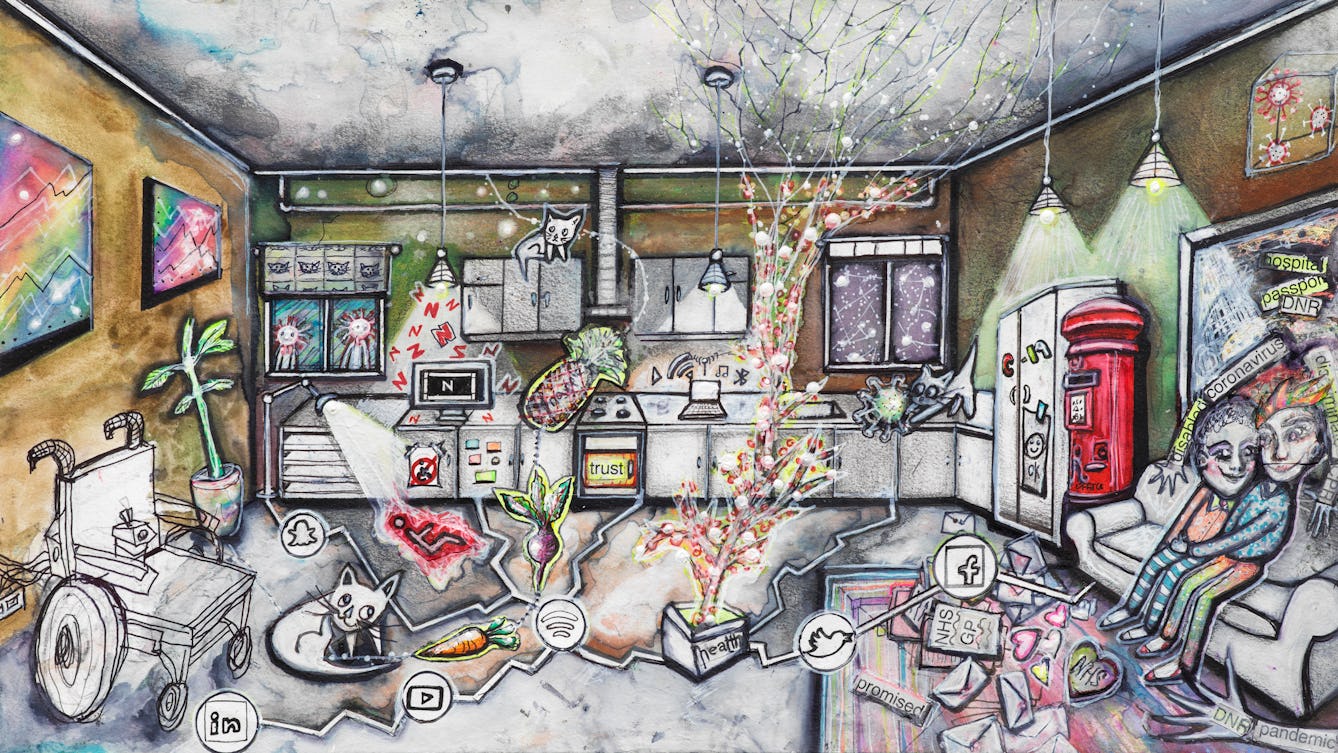
- Article
- Article
Lying low for lockdown and beyond
For Liz Carr the chances of catching Covid-19 are the same as for anyone else, but as a Disabled person she's at much greater risk of not getting the treatment she needs if she falls ill.

- Article
- Article
A walk through other people’s expectations
The steep path isn’t the only thing Caroline Butterwick has to navigate on her Lakeland hike. Always aware of other people’s expectations, she continually monitors how her disability might seem to strangers.
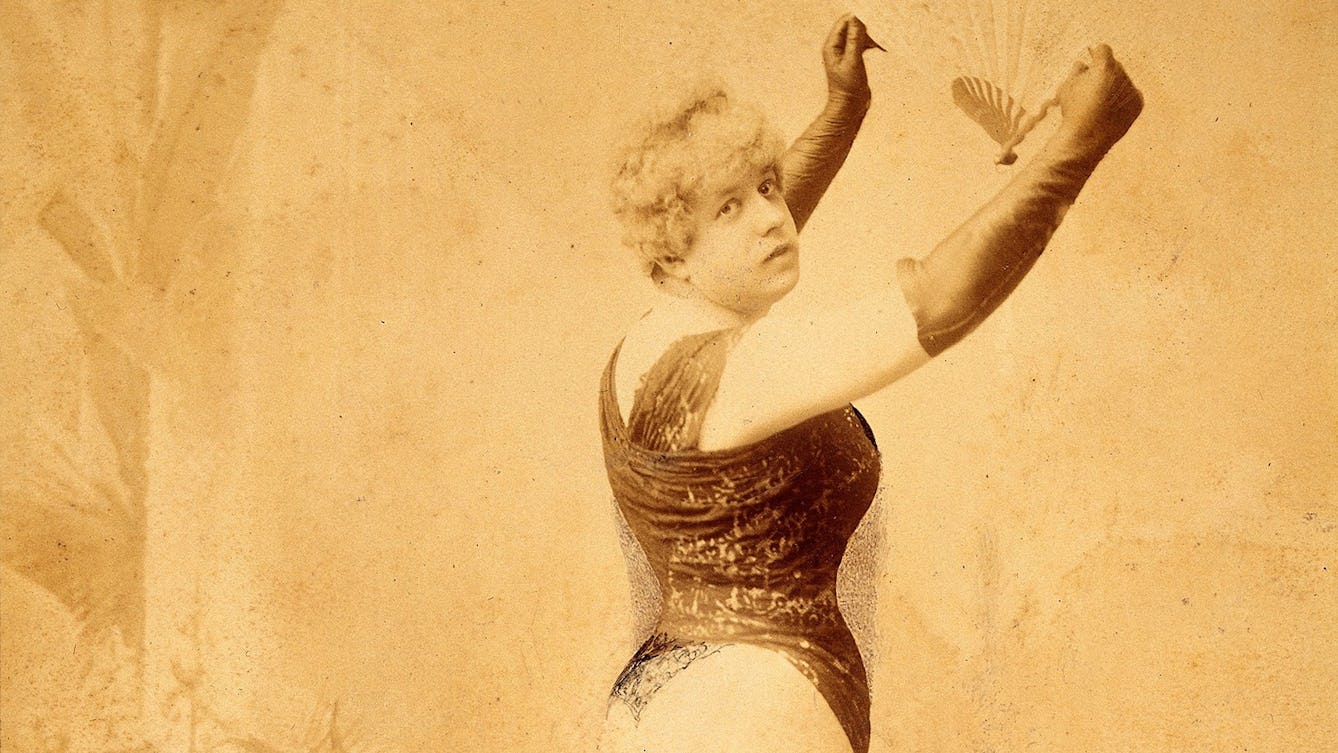
- Article
- Article
Photographs as evidence of gender identity and sexuality
Intriguing photographs from sexologists’ archives suggest they could have helped people explore their gender identity and sexuality.
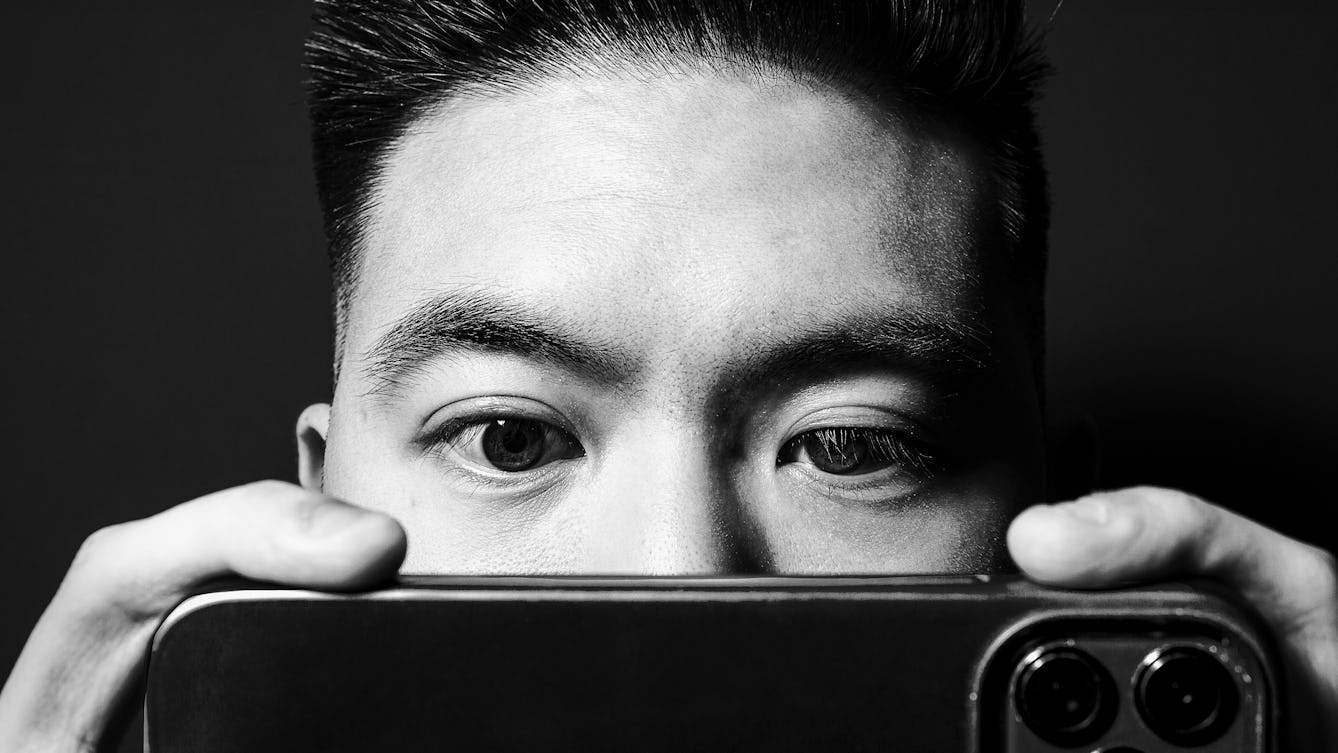
- Article
- Article
The joys and failures of audio description
Audio description enhances the experience of watching a film or TV show for people with a visual impairment, but it's not widely available in the UK. Alex Lee explains why.
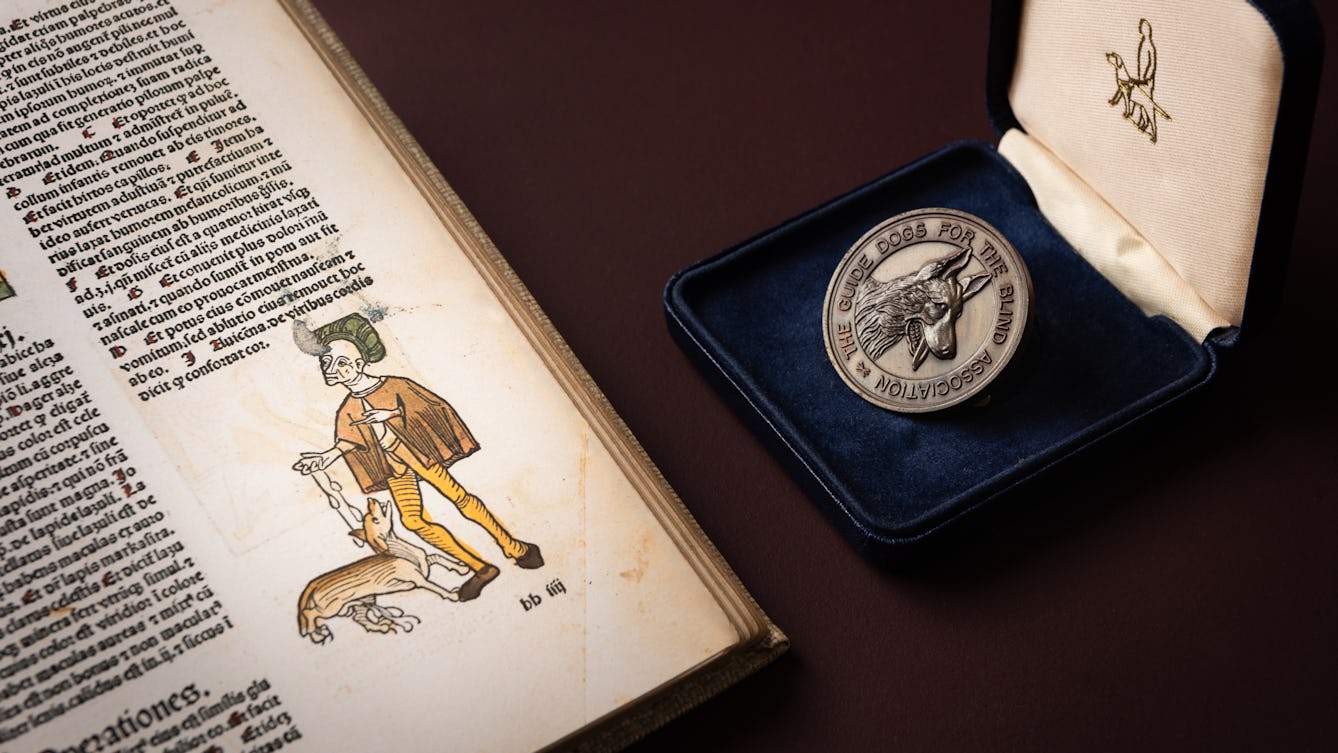
- Article
- Article
Guide dogs or good dogs from the Middle Ages
Medieval illustrations often show blind people, sometimes with dogs. But working out whether these were actually guide dogs involves a mix of detailed detective work and expert speculation.
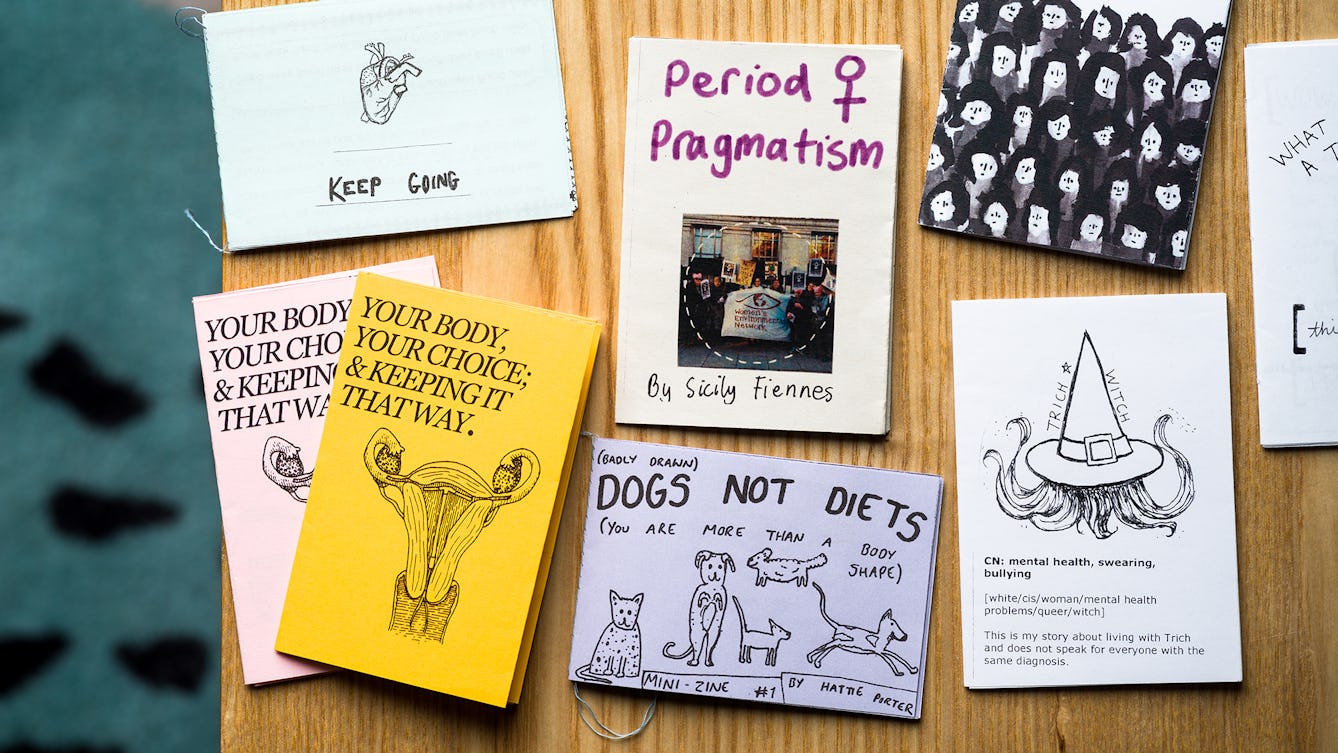
- Article
- Article
Six personal health zines that might change your life
Personal zines put health conditions back in the hands of the people who experience them. Here are six that Wellcome Collection staff love.

- Article
- Article
Life before assistive technology
When an inherited condition caused Alex Lee’s vision to deteriorate, he began to discover the technologies that would help him navigate the world around him. Here he describes how his life began to change.

- Article
- Article
Thalidomide babies
In a time without scans or antenatal tests, neither medical staff nor parents were prepared for the damage to the foetus caused by the thalidomide drug.

- Article
- Article
Reclaiming my story
Sharing her story of mental illness and treatment with trainee social workers has helped Caroline Butterwick make sense of her past, and continues to be a positive part of her life today.

- Article
- Article
When a private pee is a public disgrace
The free pee is getting rarer. And the lack of suitably equipped disabled toilets is condemning people to lives cloistered away in their own homes. Discover how toilet access for all is part of an equal society.
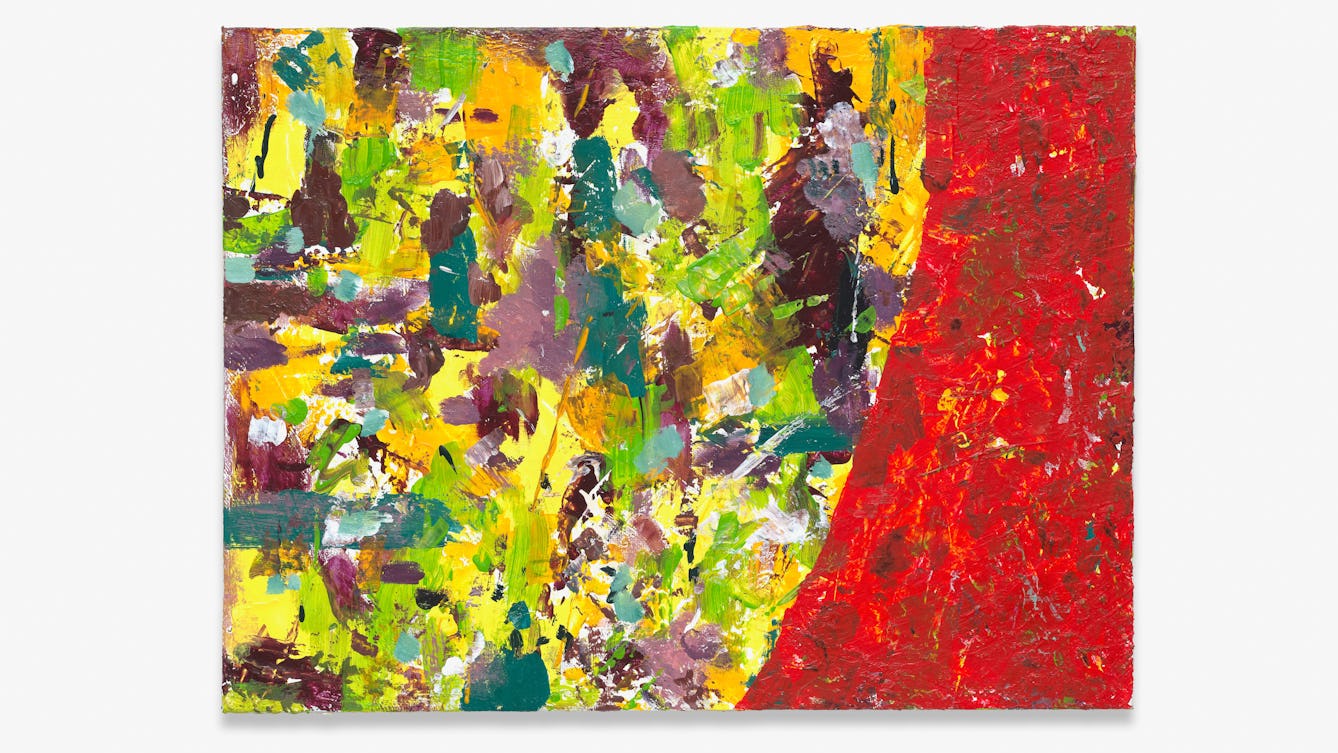
- Article
- Article
The boundaries that shape my writing
While writing about her life can be enormously helpful, Caroline Butterwick needs to regularly reassess her boundaries. Here she explores the line between what’s public and what’s private, and how porous that can be.
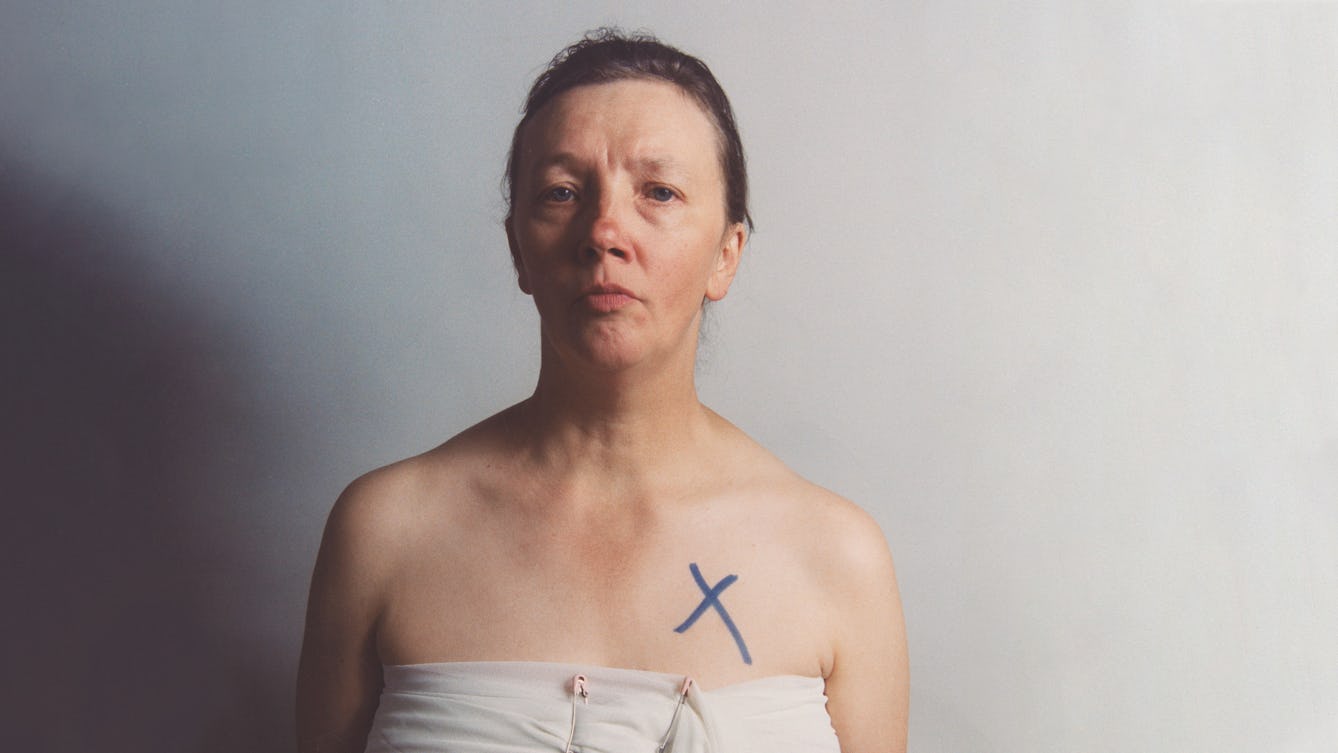
- Article
- Article
Pain, politics and the power of photography
Art historian Giulia Smith explains what she most admires in the work of Jo Spence and Oreet Ashery, and how their approach makes illness political.

- Article
- Article
A history of gestation outside the body
It’s been over 400 years since a Swiss alchemist theorised that foetuses could develop outside the womb. Claire Horn examines incubator technology past and present, and explores the possibilities recent prototypes might bring.
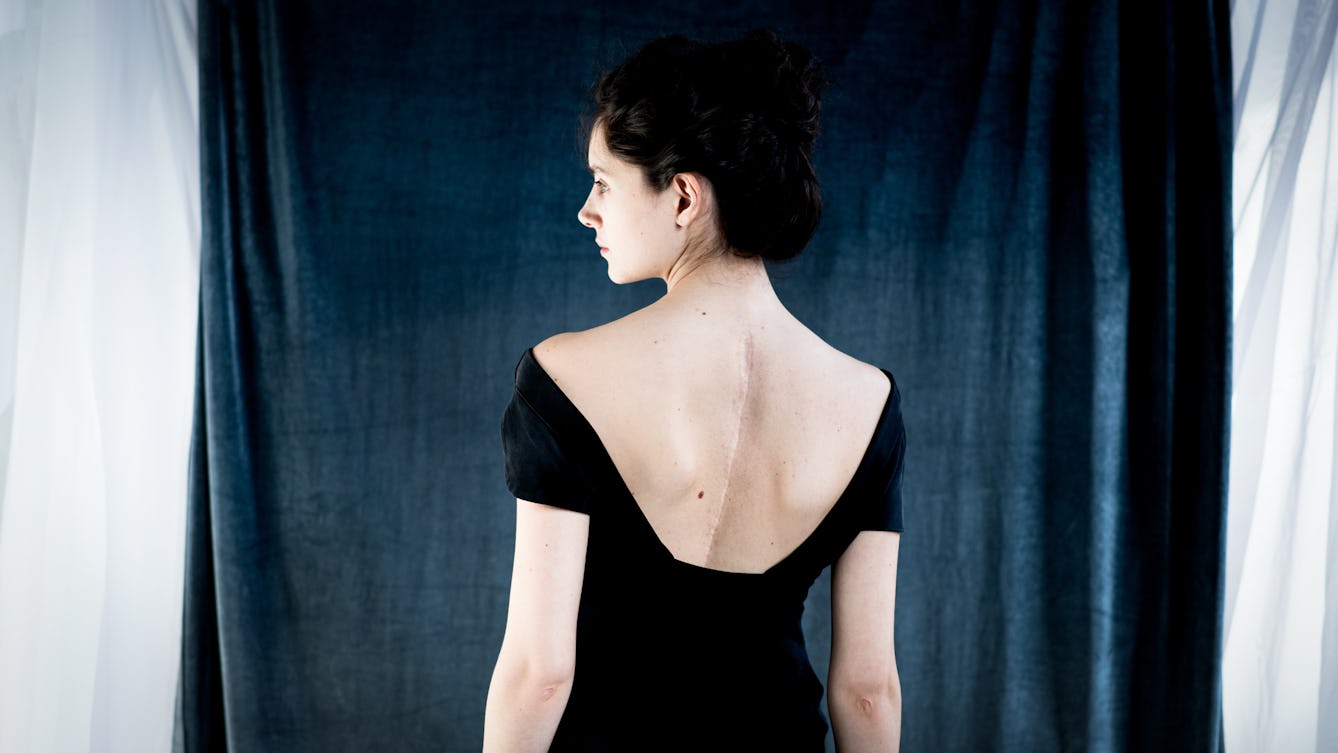
- Article
- Article
Fashion for an unruly body
One weekend, just before an operation to correct her scoliosis, Rosalind Jana stopped trying to hide her body. Read how those two days helped her step into the future.